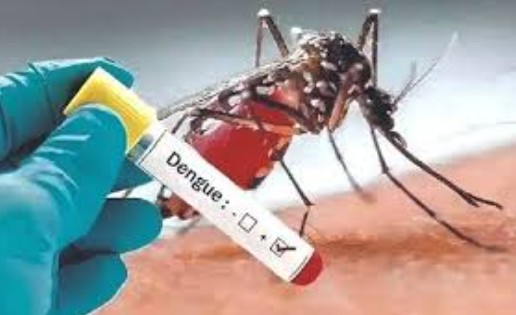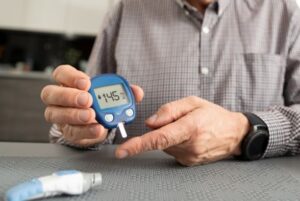Dengue fever, a mosquito-borne tropical disease caused by the dengue virus, is increasingly becoming a concern for travelers visiting certain areas. The rise in cases can pose significant health risks, making it crucial for travelers to be well-prepared. Here are some essential travel tips to help ensure your safety when visiting regions with rising dengue fever cases.
Understanding Dengue Fever and Its Symptoms
Before diving into travel precautions, it’s important to be informed about what dengue fever is and how it presents itself. Dengue fever is transmitted through the bite of an infected Aedes mosquito, primarily Aedes aegypti. Here are some key points to keep in mind:
- Symptoms:
- High fever
- Severe headache
- Pain behind the eyes
- Joint and muscle pain
- Nausea and vomiting
- Skin rash
- Severe Dengue: Although less common, it can lead to severe bleeding, a sudden drop in blood pressure (shock), and death. Recognizing early symptoms and seeking timely medical attention can be lifesaving.
Pre-Travel Preparations
When planning a trip to an area known for dengue outbreaks, preparing in advance can greatly enhance your safety.
Research and Vaccination
- Stay Informed: Check if your destination has any current dengue outbreaks. Websites such as the Centers for Disease Control and Prevention (CDC) or World Health Organization (WHO) provide updated information.
- Vaccination: Although there is a dengue vaccine available, it’s crucial to consult your healthcare provider regarding its efficacy and suitability for your trip, as it’s not recommended for everyone.
Health and Travel Insurance
- Insurance Coverage: Verify that your travel insurance covers illnesses that may be common in your destination, including dengue. This ensures you receive timely and suitable medical care without financial burden.
Packing Essentials
Packing for a trip involves more than clothes and toiletries. Consider these items to protect against mosquito bites:
- Insect Repellent: Choose a product that contains DEET, picaridin, or oil of lemon eucalyptus. Apply it on exposed skin and clothing.
- Protective Clothing: Opt for long-sleeved shirts and long pants. Mosquito-repellent clothing can provide an additional layer of protection.
- Mosquito Nets: If your accommodation is not well-screened, use a mosquito net at night.
Preventative Measures While Traveling
Safe travel practices can significantly reduce the risk of contracting dengue fever while on your journey.
Accommodation Choice
- Choose Wisely: Stay in accommodations with air conditioning, window and door screens, or that provide bed nets. These precautions minimize mosquito exposure.
Mosquito Avoidance Practices
- Daytime Awareness: Aedes mosquitoes are most active during early morning and before dusk. Be extra cautious during these times.
- Environment Management: Minimize the time spent in areas with a lot of mosquito activity, such as near stagnant water bodies.
Behavior and Habits
- Regular Repellent Application: Reapply insect repellent regularly, especially after swimming or sweating.
- Monitoring Your Health: Stay alert to the symptoms of dengue fever. If you start feeling unwell, seek medical attention immediately.
Post-Travel Considerations
Even after returning from your trip, it’s important to stay vigilant.
Health Monitoring
- Watch for Symptoms: Be aware of the typical symptoms of dengue fever for two weeks post-travel. Early detection is key to effective treatment.
Medical Consultation
- Seek Medical Advice: If you experience any symptoms associated with dengue, consult a healthcare provider promptly. Inform them about your recent travel history.
Sharing Information
- Spread Awareness: Share your experience with other travelers. This not only helps raise awareness but also prepares others to take the necessary precautions for their travels.
Leveraging Technology for Travel Safety
In today’s digital age, technology can be an invaluable tool for staying safe during your travels.
Travel Apps
- Health and Safety Apps: Download apps that keep you updated on travel advisories and health tips. Some apps may also provide emergency contacts and local health services information.
Online Resources
- Stay Updated: Regularly check reputable online sources such as the CDC, WHO, or local health departments for any new outbreaks or health recommendations related to dengue fever.
By taking these precautions, travelers can significantly lower their risk of contracting dengue fever and enjoy a more secure journey. As dengue cases rise in certain areas, being prepared and informed is your best defense. Always prioritize your health and safety to make the most out of your travel experiences.









